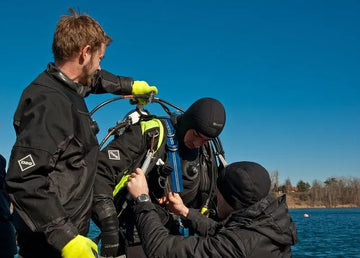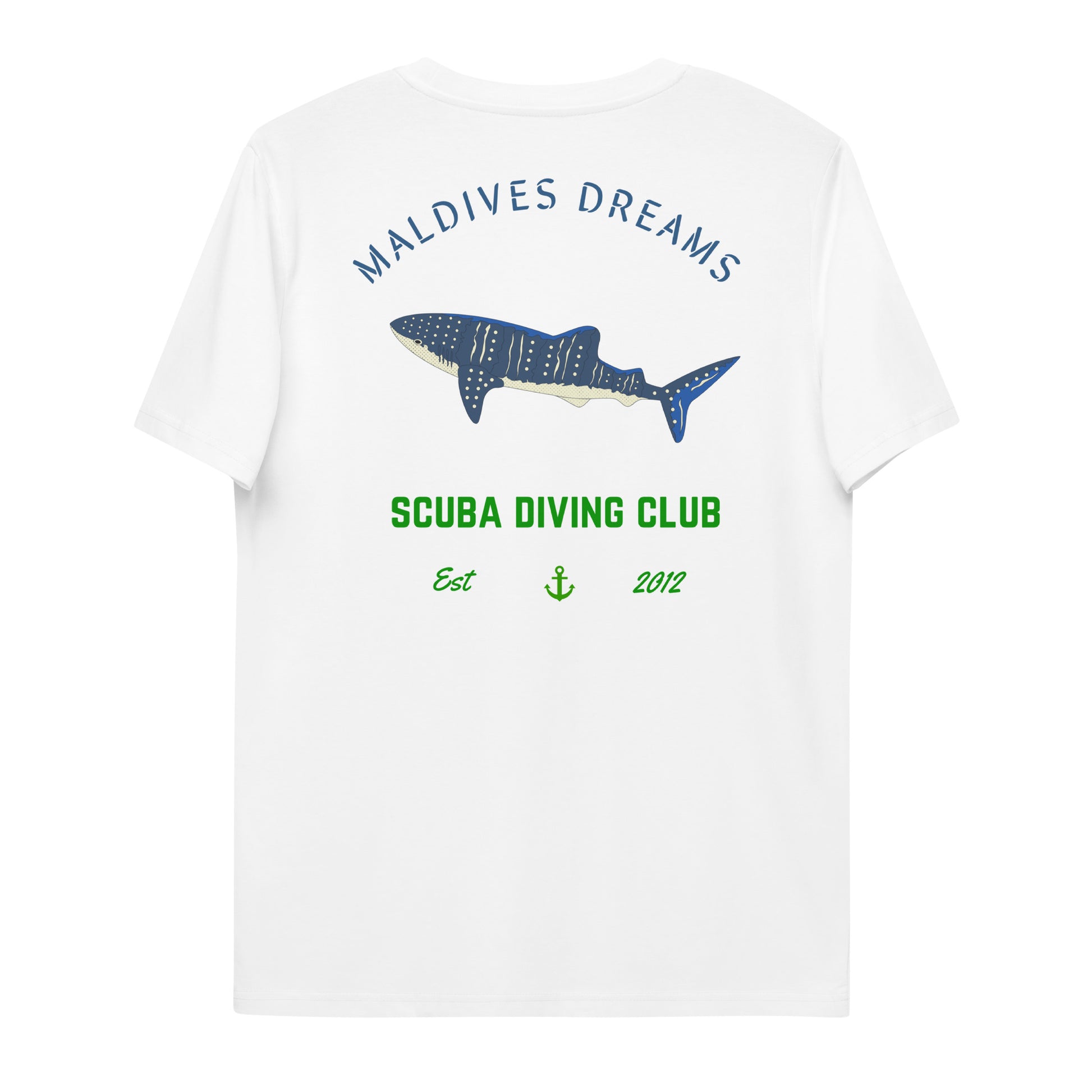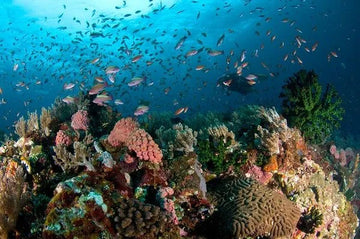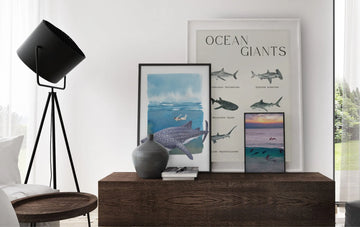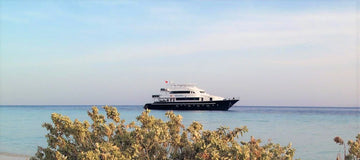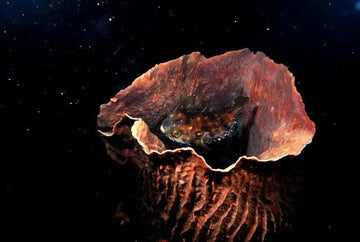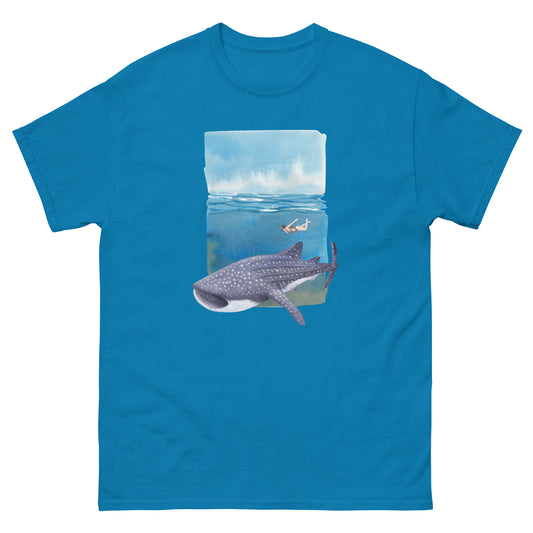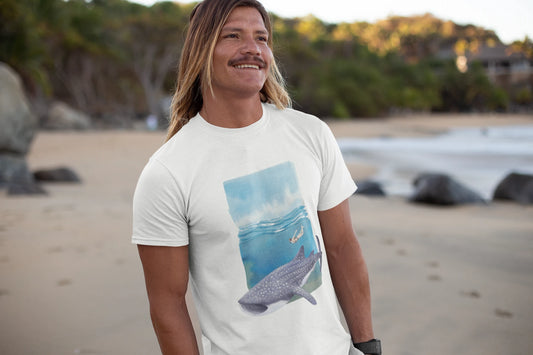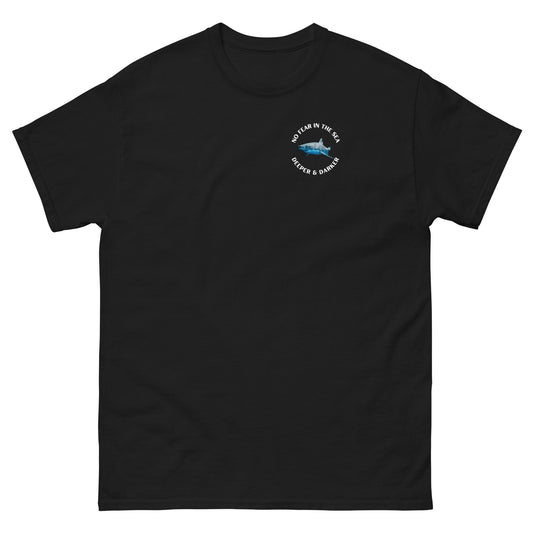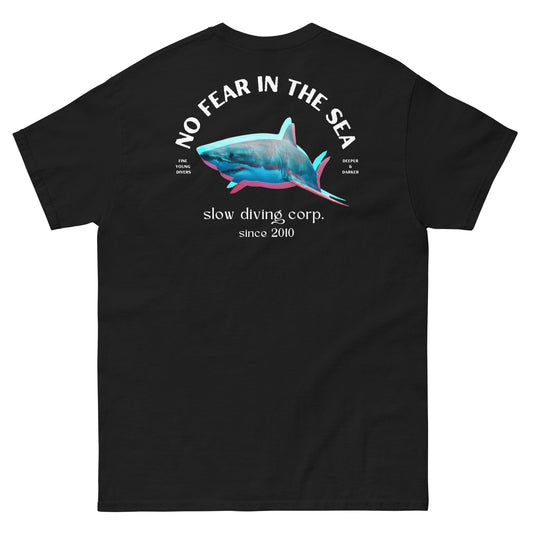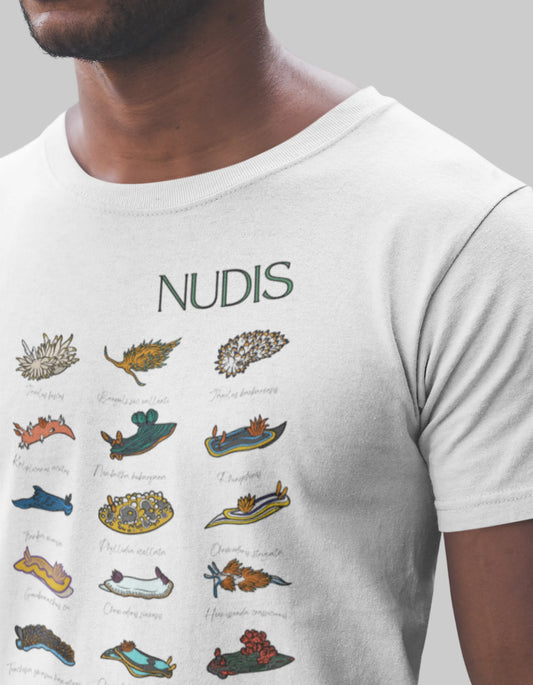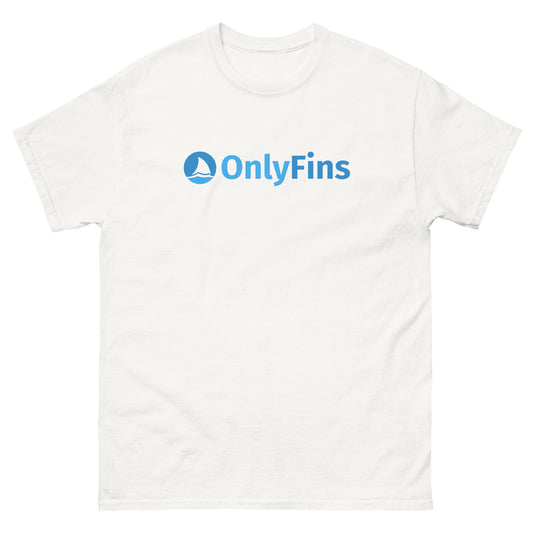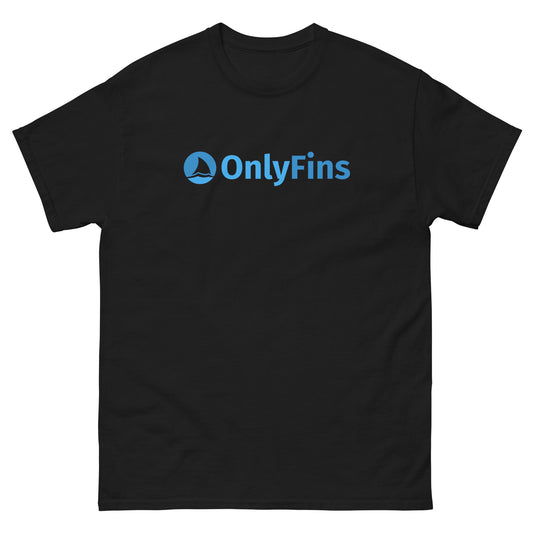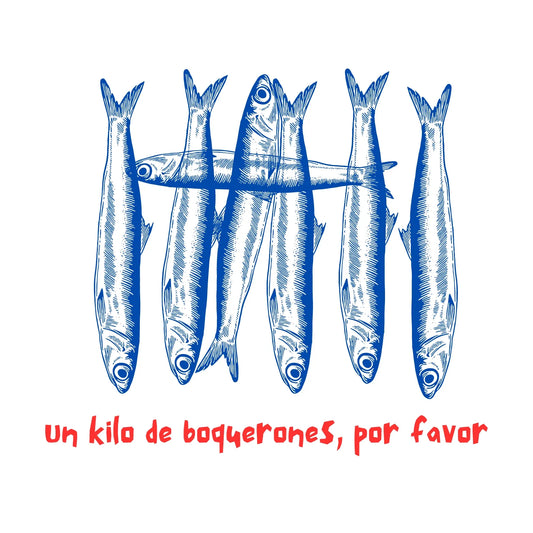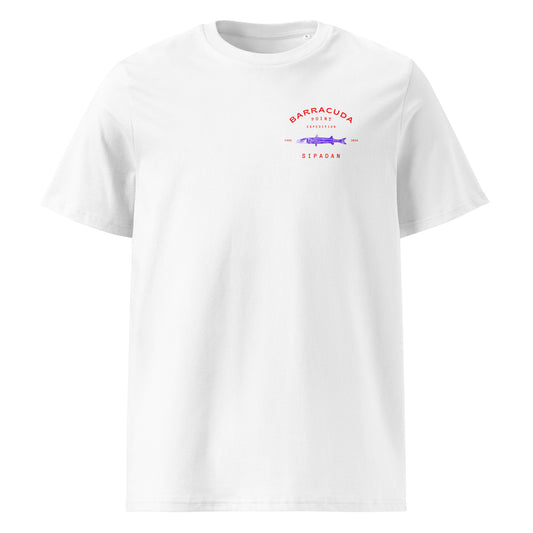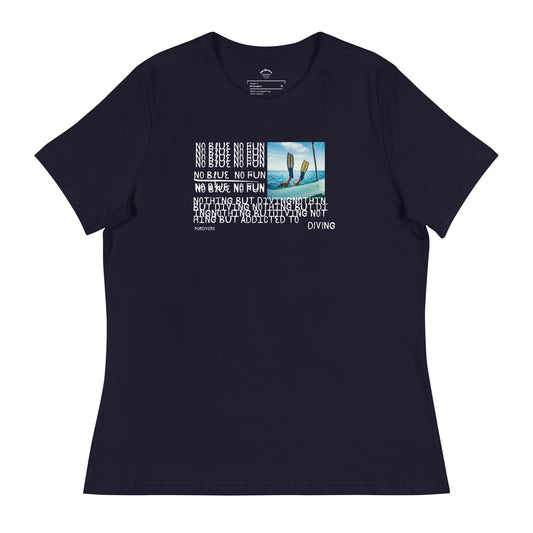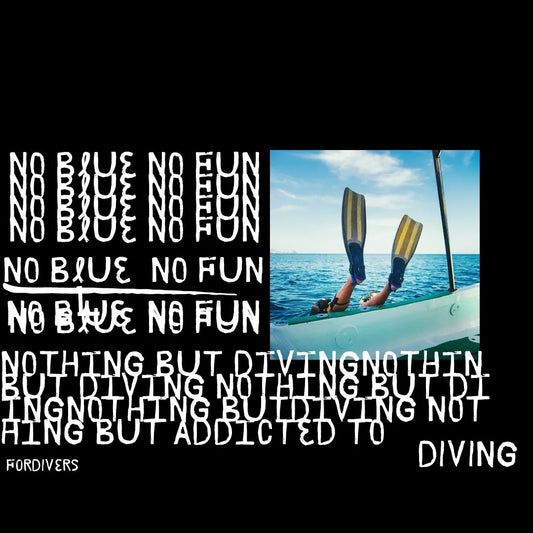If you are here it is because you are thinking about learning to dive and take your first Open Water Diving course. You have been dreaming for a long time of that feeling of weightlessness, of meeting your favorite marine species that you have seen in documentaries since your childhood, Maybe because you are looking to dive into new adventures or you are just curious and want to experience in first person those underwater images that constantly appear on your Instagram feed.
When you want to learn to dive a thousand and one doubts arise: certifications, needs, prices, courses, areas where to take the course, diving trips… Scuba diving is relatively easy and only requires a short training period to obtain the certification that will allow you to dive.
These are the 4 questions that our experience of hundreds of dives and conversations with dozens of divers from all over the world has taught us that any diver should ask himself before learning to dive.
T-shirts designed by divers for divers
VIEW MORE T-SHIRTS FOR DIVERS1. WHY DO I WANT TO DIVE?
This is the most important question that will mark the rest of your diving career. Experience tells us that most of those who start diving because of that 50% discount on a baptism offer, because as they were on vacation in Thailand they took the Open Water course just because, to do something different in the summer, or because in August I just go to some beach with colorful fish… all of them end up having a very short scuba diving life.
Ask yourself if you are excited by wildlife encounters, if you are curious enough, if you like naval history, if you wow when you see a video of a nudibranch, a turtle or a clown fish, if you still enjoy Jacques Cousteau documentaries or if you have had the dream of diving with sharks since you were a child.

If you meet one of these requirements, scuba diving will excite you and change your life. If you don't have a real passion for diving, underwater life and you don't want to continue to improve your training, you might be better off looking for another sport. However, we are convinced that there are many reasons to learn to dive.
2. Am I physically prepared to dive?
In Indonesia, we dived with Jukka, a Finnish man who, after a skiing accident, was unable to move from his bed for a year. Doctors thought he would never be able to walk again. Although he could not walk without crutches, he was more agile in the water than I was.
There are many divers with spinal injuries and there are even blind divers. As for age, it is not a problem to practice scuba diving: we had a 12 year old diver as a dive buddy in Tenerife and we have met a couple over 65 years old on a cruise in the Red Sea with more than 500 dives behind them. Neither age nor fitness will prevent you from starting to dive. But there are some medical conditions that are or may be contraindicated for diving in certain circumstances.

As divers, we remain for a period of time under pressure greater than that at the surface. There are certain physical conditions that may not be bothersome, or even imperceptible, in everyday life but can be dangerous underwater when we dive.
Lung problems such as pneumothorax, bronchopulmonary diseases, ear problems or surgeries that prevent compensation, allergies and other diseases such as diabetes, hypertension or asthma are potentially dangerous underwater. Even the use of some medications may be contraindicated for diving. You should always undergo a medical examination in a center specialized in hyperbaric diseases to make sure that your dives will always be safe.
3. With whom do I take the course?
This point is very delicate because you will find real fanatics of each of the certifiers. Every diver you ask will tell you that his certifier is the best. The most important thing in your first dive course is not to skimp on the money. It can make the difference in whether or not you continue to dive.
When you plan to get the advanced course then you will know much more and then you may want to choose one or another certifier, but for your Open Water Diver course, believe me it doesn't matter if it is PADI, FEDAS, ACUC, or whatever. The instructor is the one who makes the difference. It's knowledge, teaching skills, attention to detail, patience, love for diving… These details do make a difference.
Hoodies Designed for the Deck of Your Liveaboard
SEE MORE SWEATSHIRTS FOR DIVERS
The more personalized the course and the first open water dives, the better. Be careful with the courses we do in vacation resorts in the Caribbean or in some areas of Asia. You can ask in scuba diving forums or talk to experienced divers. We recommend that you spend time and effort in researching.
4. Do I have the money to continue?
Make no mistake, scuba diving can be a very expensive sport. Getting started may be relatively inexpensive, but gaining experience and training properly is not. Most divers feel really comfortable after 20 dives, some need 30 or 40. If you only dive on weekends you will need 5 to 10 weeks to get to that level.
If you live on the coast, already have the equipment, the experience and the knowledge enough to not need to go out with a dive center then no, it is not an expensive sport. But if you have to travel, pay for accommodation, rent or buy your equipment, pay for dives… effectively, by the time you have 40 dives you will have spent well over 1,000 €.
Diving is more enjoyable the more dives you have, the more training and experience you accumulate, the more time you spend with other divers and the more different places you see. And that costs money.
Where you will learn the most is in moments of intense diving. Mainly on liveaboard dive trips, where everything is about diving. On these trips you will have 3 to 4 dives a day and people that the only way they can escape your questions is by jumping overboard.
These trips have a minimum cost of 1.500 € but you will come back with 20 excellent dives from which you will learn a lot.
So, before you start your Open Water diving course, take the time to answer these 4 questions. We only wish you have the answers that will allow you to become another privileged human being able to pass through the looking glass and discover the magic of the underwater world.

